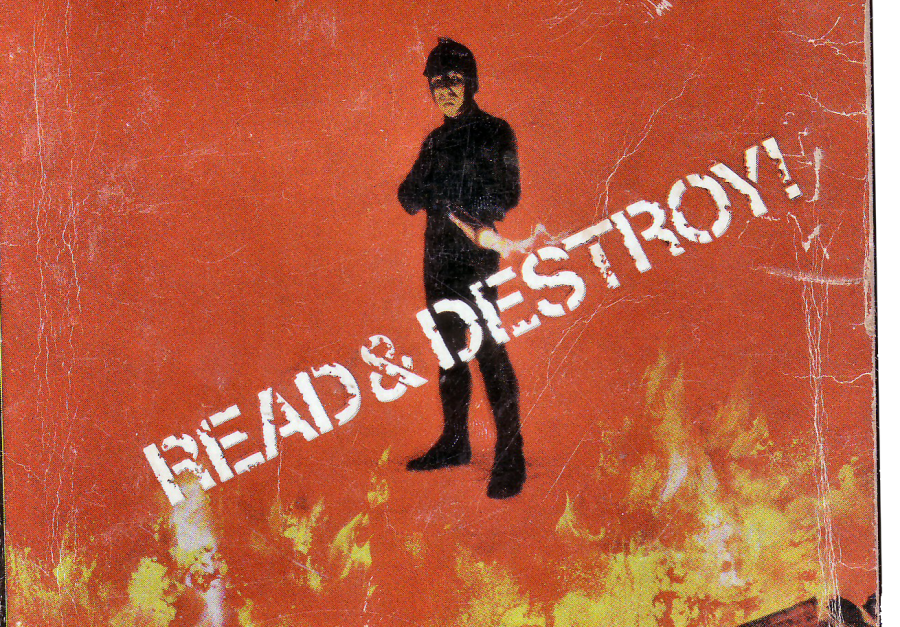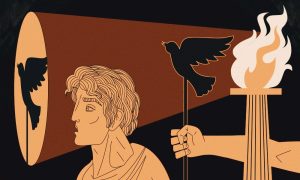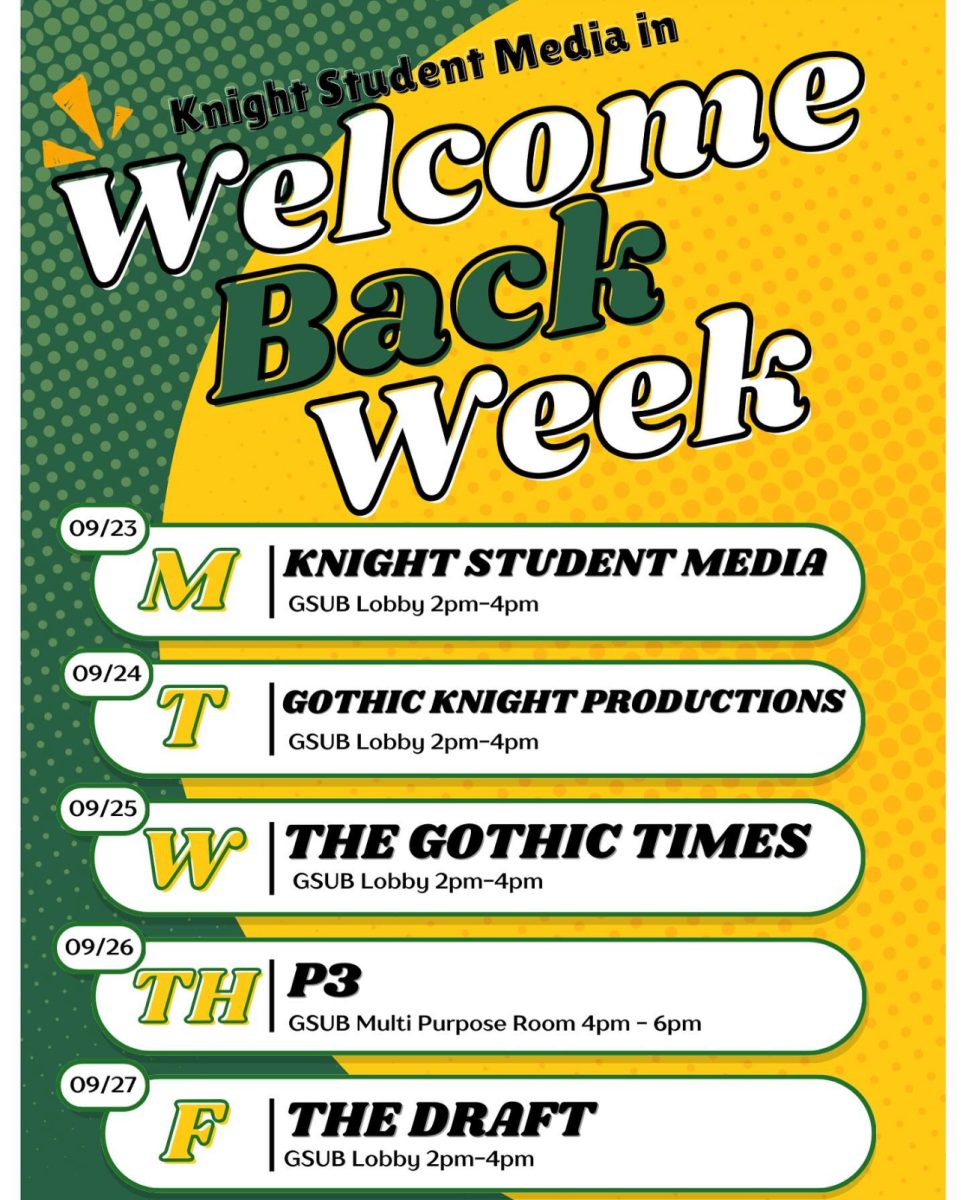Censorship & Bradbury
October 23, 2018
Censorship is a very touchy subject for many—For a lot of people, it can tarnish art, taint literature and clout expression. An individual should be free to convey and consume any message they wish. The first U.S. amendment protects our right of speech and press yet, somehow books become banned and people who fight for civil rights are deemed heretics and are ultimately stifled.
Envision a world where creativity and critical thought are limited. Where the masses are controlled and indoctrinated into knowing only as much as the government allows. That is exactly the dystopian world Ray Bradbury presents to his readers in the short story “The Pedestrian,” which would later go on to inspire his debut novel, “Fahrenheit 451.”
In the the short story, it is the year 2053. The protagonist Leonard Mead takes long walks on his own. This is not by choice but rather, it is implied in the story he is the only one left in society that takes long strolls to enjoy the great outdoors. His neighbors and everyone around him are consumed by television. One day, a lone patrolling police car stops Mead and asks him why he is not at home watching television. He replies that he does not own one. In fact, Mead reveals that his favorite pastime is reading. At this point, the police officer is not just suspicious of Mead, he forcefully takes him in the car for further questioning.
Mead was different from everyone else. He sought knowledge rather than being a passive participant of daytime television. This intimated the police officer who served as a symbol of the upper hierarchical order in the Pedestrian’s society.
In “Fahrenheit 451,” Bradbury puts an ironic and unconventional twist on the protagonist, Guy Montag’s, occupation. Montag and his posse are in charge of breaking into people’s homes and creating fires to eliminate any traces of books. In this bleak American future, books are out outlawed and must be destroyed at all costs. Almost all of the inhabitants of this world, including Montag’s wife, are convinced that books are evil. Instead of reading, they devote all of their time to being glued to their massive television screens. All except a small few. One of them, a seventeen-year-old girl named Clarisse challenges Montag to think and question authority. Clarisse enjoys walking in the rain and looking at the morning dew on the grass which seems strange to Montag, but entices him to observe the world around him. This inevitably leads him to question the powers that be and think for himself.
An interesting thing to note about “Fahrenheit 451” is that the character Clarisse mentions her uncle getting arrested for being a pedestrian. “My uncle was arrested another time. Did I tell you? For being a pedestrian. Oh, we’re most peculiar.” This implies the connection between Bradbury’s two stories.
In an interview with American Author, Bradbury recounted how he and a friend were stopped by a police officer for merely roaming around and walking in an area very few people walk through. The officer told them to go home. This is what ultimately inspired “The Pedestrian,” a prelude of sorts to “Fahrenheit 451.” If it was not for Bradbury and many other great authors critiquing censorship and the state of our technological obsessed society, where would we be?
So here’s to all the rebels, to all the brazen ones that fight the naysayers. To those who stand with conviction and who aren’t afraid to fight for their art, for what they believe in and those that stand up for what’s right.
This story was originally printed in The Gothic Times, Issue 2 of Fall 2018.












